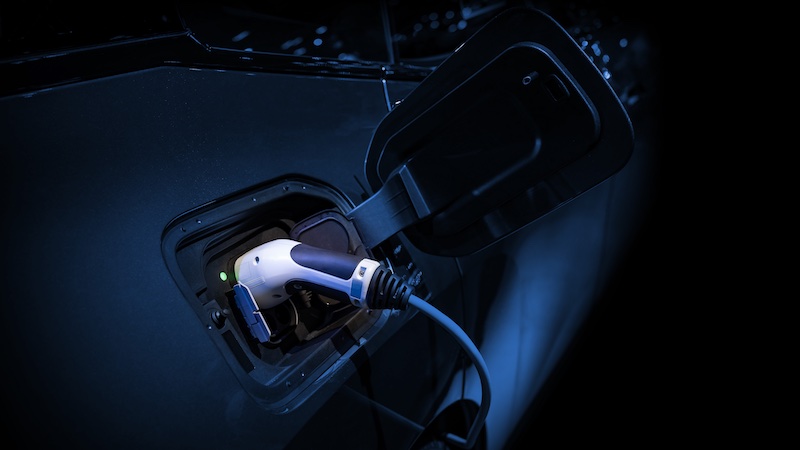
It is politicians’ fault that Germany has fallen years behind in the transition to electromobility, according to a recent study. Experts are therefore calling for the environmental bonus for electric cars to be brought back as quickly as possible.
Germany has fallen behind by five years in the conversion to electromobility. The reports, among other things, the star citing a current study by the Center Automotive Research (CAR) in Bochum. Both the German government and the opposition are to blame.
Economist and CAR leader Ferdinand Dudenhöffer sees the cause primarily in political missteps and misleading discussions in Berlin. He warns that Germany is losing touch with the important future issue of mobility.
End of the environmental bonus for electric cars led to uncertainty
The study shows that the proportion of fully electric vehicles among new registrations nationwide reached its peak at 17.7 percent in 2022. Including plug-in hybrids, the proportion was 31.4 percent. However, in the first half of 2024 it fell to just 12.5 percent. In addition, according to CAR, such sales values are no longer expected before 2027,
According to Dudenhöffer, politicians should weigh their words and actions better in the future. Car buyers are sensitive when it comes to prices and political statements. For example, the end of sales bonuses for plug-in hybrids at the beginning of 2023 led to a decline in sales.
When the environmental bonus for electric vehicles expired at the beginning of last year, uncertainty on the market increased. This decision would come particularly from the Greens and Economics Minister Robert Habeck. According to Dudenhöffer, it was from the party that wanted to achieve the opposite.
Ursula von der Leyen also publicly questioned the EU-wide ban on combustion engines by 2035. In doing so, she contributed her part to the slump in sales. According to Dudenhöffer, the discussion about “saving the combustion engine” was then used by parties such as the FDP, AFD, CDU, CSU and BSW to win votes. At the same time, synthetic fuels received praise, although there were no reliable facts on either the production or cost side.
Technology of the future: Dudenhöffer calls for a new campaign
At least that’s what the numbers show: in the first half of 2024, 56.1 percent of newly registered vehicles were gasoline or diesel. According to CAR, the trend can still be reversed, as the price range between combustion engines and electric vehicles continues to shrink. The weak demand has already led to lower prices for batteries. Stricter EU CO2 requirements from 2025 could also generate higher discounts on electric cars.
Professor Dudenhöffer calls for the immediate reintroduction of an environmental bonus for electric cars. In his opinion it should be between 5,000 and 6,000 euros. Industry should also take part. The expert also advocates a clear political campaign. It is intended to emphasize the advantages of electric vehicles as a high technology of the future.
Also interesting:
- HVO100: Environmental aid measures increased nitrogen oxide emissions levels – is Minister Wissing lying?
- Researchers are making environmentally friendly batteries from old solar panels
- Environmental pollution: Researchers destroy plastic with laser beams
- E-cars: This is how much range the air conditioning eats up
The article Study accuses politicians of making mistakes: Expert wants environmental bonus for electric cars back by Beatrice Bode appeared first on BASIC thinking. Follow us too Facebook, Twitter and Instagram.
As a Tech Industry expert, I believe that it is crucial for politicians to make informed decisions when it comes to policies related to electric cars and environmental bonuses. While mistakes can happen, it is important for politicians to learn from them and make necessary adjustments to ensure that the transition to electric vehicles is successful.
Reinstating environmental bonuses for electric cars can incentivize consumers to make more sustainable choices and contribute to reducing carbon emissions. This can also drive innovation and investment in the electric vehicle industry, leading to further advancements in technology and infrastructure.
It is essential for politicians to consider the long-term environmental and economic benefits of supporting electric vehicles and to prioritize sustainable solutions in their policymaking. By working together with experts and stakeholders, politicians can make informed decisions that will have a positive impact on the environment and society as a whole.
Credits